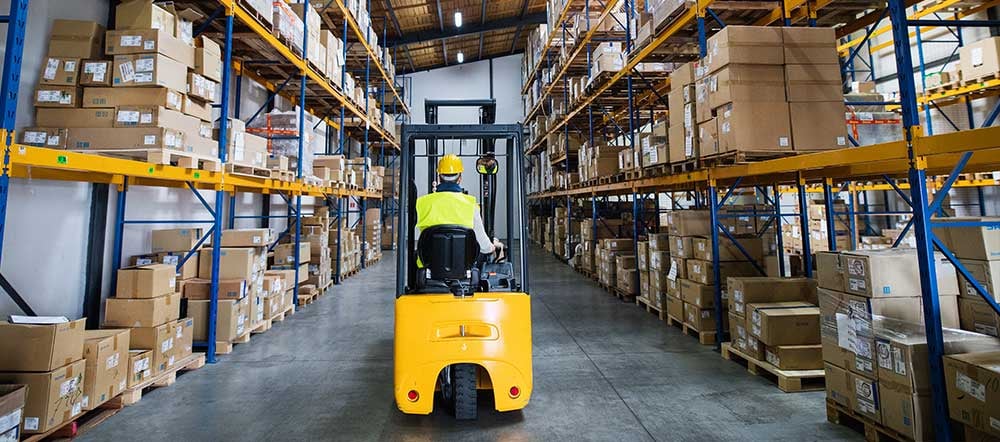Forklift Safety : A Supervisor’s Role and Responsibilities
 An employer has many responsibilities when it comes to the safe operation of fork lift trucks. A company must provide the right training, the right equipment and also, an appropriate level of supervision.
An employer has many responsibilities when it comes to the safe operation of fork lift trucks. A company must provide the right training, the right equipment and also, an appropriate level of supervision.
The applicable legislation
Health and Safety at Work etc. Act 1974

The Health and Safety at Work Act 1974 (HASAWA) lays down wide-ranging duties on employers to protect the 'health, safety and welfare' at work of all their employees. It stipulates that an employer has a duty for the provision of supervision, as is necessary to ensure, so far as is reasonably practicable, the health and safety at work of his employees.
LOLER 1998
A forklift truck will also fall under the LOLER (The Lifting Operations and Lifting Equipment Regulations 1998). Regulation 8 requires that employers must ensure that every lifting operation involving lifting equipment, is appropriately supervised, carried out in a safe manner and is properly planned by a competent person.
PUWER 1998
Also, under The Provision and Use of Work Equipment Regulations 1998 (PUWER) employers are required to ‘ensure that any of his employees who supervises or manages the use of work equipment has available to him adequate health and safety information and, where appropriate, written instructions pertaining to the use of the work equipment.’
Management of Health and Safety at Work Regulations 1999
The Management of Health and Safety at Work Regulations 1999 also place duties on employers to make arrangements as appropriate, for the effective planning, organisation, control, monitoring and review of the preventive and protective measures.
Health and Safety Executive Approved Code of Practice (ACOP)
The HSE ACOPs are written to translate the current legislation into practical advice that will ensure compliance. The L117 Rider operated Lift Trucks guidance, is aimed at employers and those responsible for the safe operation of lift trucks. It states:
Supervisor training
The HSW Act requires you to provide adequate supervision. It is essential that supervisors have enough training and knowledge to recognise safe and unsafe practices. This does not mean they need full operator training, but they do need to understand the risks involved, and how to avoid or prevent them. Some organisations offer training courses for supervisors and managers of lift-truck operations. Supervisors should be able to:
■ carry out an effective observation and know what to look for;
■ communicate effectively with operators and line managers;
■ recognise unsafe practice and behaviour;
■ maintain and promote health and safety standards
Supervisory obligations
If a supervisor needs to proactively monitor and promote safe working practices it stands to reason that they must have an appropriate level of knowledge to understand the hazards and be confident enough to stop any bad practices or behaviours that might be taking place. This does not mean that they have to be a qualified fork lift truck operator and there are training courses available tailored specifically for supervisors. The topics they would typically cover include the statutory responsibilities of PUWER and LOLER, management of health and safety, the design and limitations of fork lift trucks and attachments. Maintenance and inspection are also be included.
Walking the Talk
Health and Safety case law repeatedly demonstrates that when it comes to safety, an employer needs to walk the talk. Having measures in place such as a safety policy, a safety training regime, access to PPE, an inspection process etc aren’t enough if they aren’t being proactively monitored and promoted within the company working culture.
About Lisa Robinson
Lisa - word smith to the gods.
